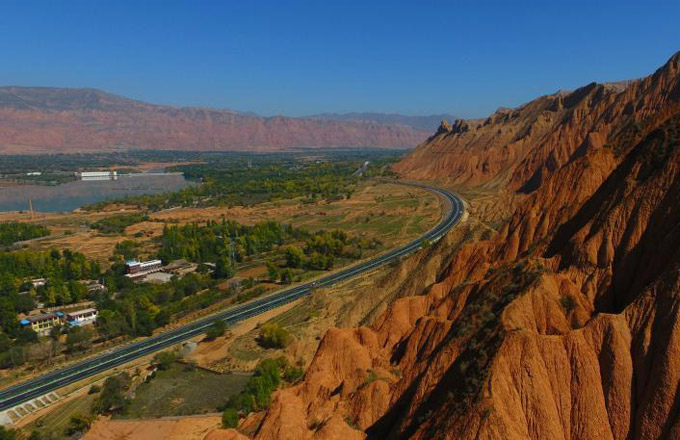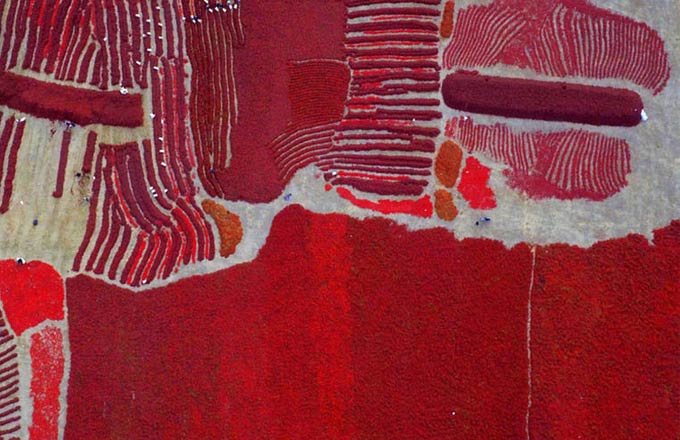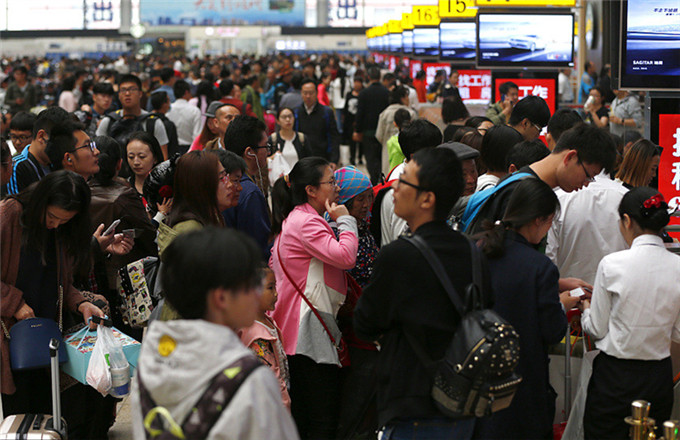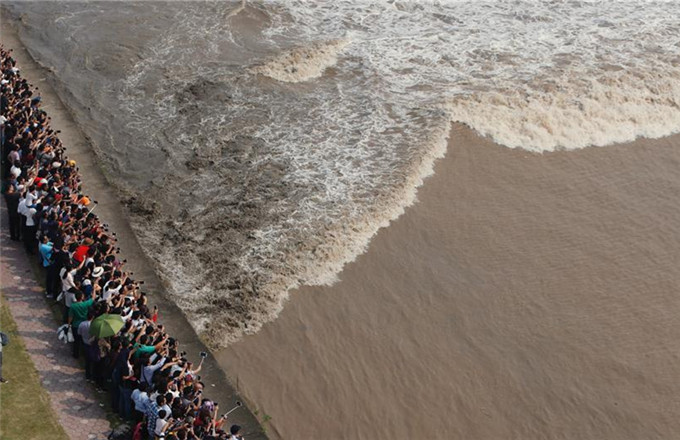Ye Ting, CPC member who took part in Revolution of 1911
Ye Ting joined the Kuomintang (the Nationalist) when Sun Yat-sen founded it in 1919 (the Kuomintang existed prior to 1919 but was called the Chinese Revolutionary Party) and from 1921 was a battalion commander in the National Revolutionary Army. In 1924 he studied in the Soviet Union and in December of that year joined the Communist Party of China. In September 1925 he returned to China to serve first as staff officer, then as independent regiment commander, in the Fourth Army of the National Revolutionary Army. In May 1926 he led an advance detachment in the Northern Expedition, with several victories in August. In September he besieged Wuchang, breaking through the defenses on the 10th of October. In 1927 he was?deputy division commander of the 15th Division,?division commander of the 24th Division of the 11th Army, and?deputy army commander of the 11th Army.
On August 1, with Chen Yi, Zhou Enlai, He Long, Zhu De, Ye Jianying, Lin Biao, Liu Bocheng and Guo Moruo, he participated in the Nanchang Uprising, when the Workers and Peasants Red Army, called the People's Liberation Army from 1946, was founded. After Nanchang, he went to Hong Kong, whence on December 11 he led the Canton Uprising. After this uprising failed, he was persecuted as a scapegoat and as a result, he was exiled to Europe and when he returned to Asia went into hiding in Macao.
In 1937 he served as army commander of the New Fourth Army. As a result of the New Fourth Army Incident, he was put in jail for five years, until 1946. On April 8 of that year, after he was released, en route from Chongqing to Yan'an, he died in a plane crash. Among the victims were some of his family members and several senior CPC leaders such as Bo Gu, Deng Fa, and Wang Ruofei.




























